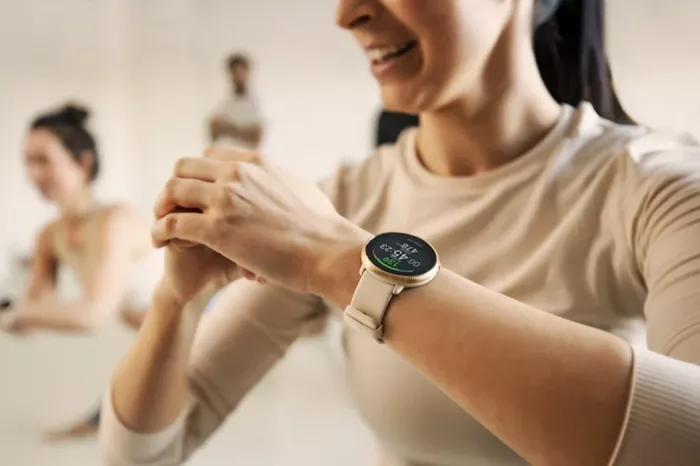Consumers should avoid relying on smartwatches and fitness trackers for medical decisions, the Consumer Council has cautioned, following a test that revealed data discrepancies of up to 74 percent in some devices.
The council disclosed on Thursday that out of 44 smartwatch and fitness tracker models tested, three showed significant step count deviations ranging from 59 to 74 percent. These inaccuracies were attributed to the inclusion of minor hand movements. The study also revealed heart rate measurements varied substantially, with two devices recording deviations of more than 11 percent in most activities and as much as 21 percent during cycling.
“The health and fitness data collected by smartwatches or fitness trackers is for estimation only and not necessarily accurate,” said Chung Chi-yung, chairman of the council’s research and testing committee. “Thus, they are suitable only for reference and not for medical use.”
Testing Parameters and Results
The test, conducted by a European laboratory, included 38 smartwatches priced from HK$199 to HK$9,799 (US$25 to US$1,255) and six fitness trackers ranging from HK$139 to HK$498. Three assessors wore each model during various activities — resting, walking, running, and cycling — while the results were compared against those from high-precision instruments.
Most devices performed acceptably in measuring walking and running steps, with deviations under 7 percent. Notably, 25 smartwatch models recorded step count deviations of less than 3 percent, with even better accuracy during running.
However, three models from Finnish brand Polar exhibited substantial deviations of 59 to 74 percent in step counts.
Two models from French brand Withings performed poorly in heart rate and distance tracking. These devices showed heart rate deviations exceeding 11 percent in most activities and reached 21 percent during cycling. Distance estimations were also off by an average of 34.3 percent and 18.7 percent. These models retail for HK$2,698 and HK$1,998, respectively.
Battery Life and Charging Times Vary Widely
Battery performance also varied significantly across models. Usage time ranged from just 1.5 days to more than 20.8 days on a full charge.
Five smartwatches and one fitness tracker lasted close to three weeks without recharging. Two models — from Apple and Samsung — required only 1.2 to 1.8 hours to fully recharge.
Conversely, three other models from the same brands lasted only 1.5 to 2.2 days and required 1.8 to 2.4 hours of charging. Apple’s tested models cost HK$1,999 and HK$3,399, while Samsung’s were priced between HK$1,598 and HK$4,798.
The council urged consumers to evaluate specifications and performance before making a purchase and to select devices according to their personal needs. It also emphasized the importance of wearing the device correctly to ensure the accuracy of the optical heart rate sensors.
Consumer Complaints and Regulatory Concerns
In 2024, the Consumer Council received 65 complaints related to smartwatches and fitness trackers — a 17.7 percent drop from the previous year. From early 2022 to April 2025, the council logged 228 complaints. One-third concerned product quality, such as charging failures or connectivity issues with mobile phones. Maintenance problems accounted for 15 percent, while delivery issues made up 13 percent.
Angel Cheung Yan-fan, director of the council’s research and survey division, specifically warned diabetic patients not to rely on smartwatches for blood sugar monitoring.
“Recently, both the US and European Union have issued warnings about products claiming to measure blood glucose levels,” she said. “Due to their poor accuracy, some diabetic patients have received inappropriate treatment, thereby increasing health risks.”
The Consumer Council has contacted Apple, Samsung, Withings, and Polar for comments.


